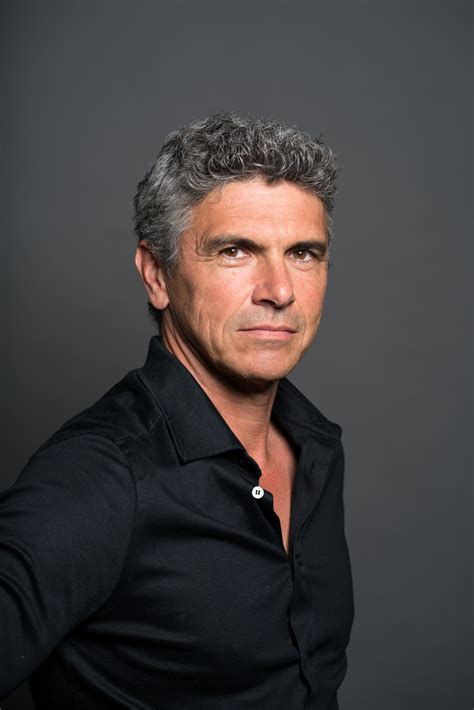A Quote by Nat Hentoff
William Shawn was the editor of The New Yorker and for whom I worked for, God, 27 years; a man I respected enormously because of what he did, - what the magazine was about.
Related Quotes
I've - that I regret. That was stupid and ignorant on my part. I went to a party as a guest of a friend of mine, a lawyer. And he had a client who I didn't know, except - maybe I'm pretending I didn't know, but he was a big investor in The New Yorker. And as I found out later in a book about The New Yorker, this guy was very unhappy about [Bill] Shawn.He thought Shawn was spending out - spending too much money on writers.
Clay Felker was then - he had - to his credit, he had created New York Magazine, which was the first of the city magazines that covered the city and gave all kinds of advice and all that sort of stuff. And there were copies all over the country by the time he left. He had, however, a view of journalism that was very much, I must say, like Tina Brown's at The New Yorker. You hit 'em hard, fast, give 'em something to talk about the day after the paper comes out, as contrasted with William Shawn, who gave them something to talk about two or three years from then.
As nearly as possible in the spirit of Matthew Salinger, age one, urging a luncheon companion to accept a cool lima bean, I urge my editor, mentor and (heaven help him) closest friend, William Shawn, genius domus of The New Yorker, lover of the long shot, protector of the unprolific, defender of the hopelessly flamboyant, most unreasonably modest of born great artist-editors to accept this pretty skimpy-looking book.
William Maxwell's my favorite North American writer, I think. And an Irish writer who used to write for 'The New Yorker' called Maeve Brennan, and Mary Lavin, another Irish writer. There were a lot of writers that I found in 'The New Yorker' in the Fifties who wrote about the same type of material I did - about emotions and places.
If [Bill Shawn] liked the piece, then he would run it. But he wanted the magazine to be something that was more than just a weekly event. And as a result you could pick up a New Yorker under him, as I mentioned before, a year from then or 10 years or 20 years and there would always be something worth reading in it.
Some of Mr. Gregory's poems have merely appeared in The New Yorker ; others are New Yorker poems: the inclusive topicality, the informed and casual smartness, the flat fashionable irony, meaningless because it proceeds from a frame of reference whose amorphous superiority is the most definite thing about it they are the trademark not simply of a magazine but of a class.
I was interested in creating things that I could be proud of and so, you know, I was interested in being an editor of a magazine, things that I could be proud of, and so, you know, I was interested in being an editor of a magazine, but in order to be an editor of a magazine I had to become a publisher as well. I had to pay the bills. I had to worry about the printing and the paper manufacturing and the distribution of that magazine.

































